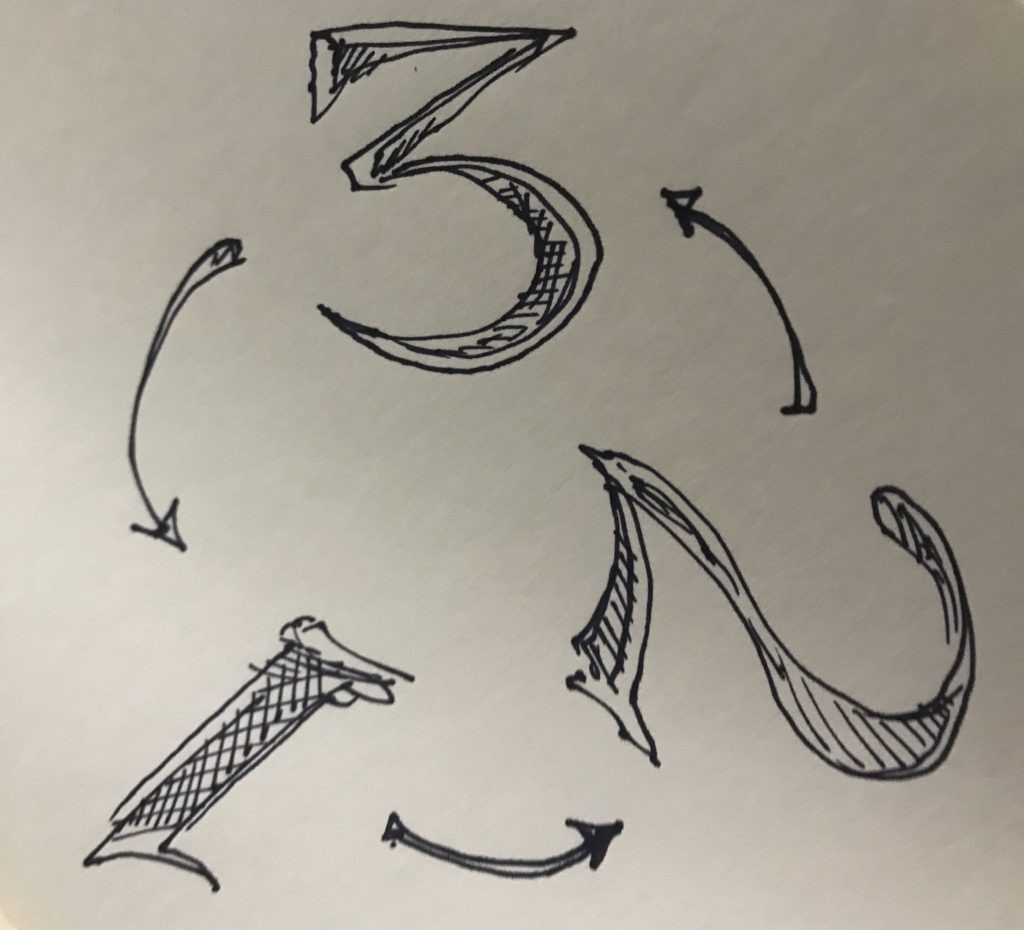Experiments in Other Dimensions 3
Italo Calvino, the writer, was now becoming clear to me. He was forming games around a number of laws he inscribed in the reality of a book. That was his way, apparently.
And it made me think of me. I was this type of writer once upon a time. That is why he was interesting me so much now. I was an adept of Calvino’s systems many years before I had ever heard of Calvino. Perhaps launching off the ideas philosophy had granted me when I was avidly studying to be an artist (which is a set of ludicrous rules if I ever heard of one). I went about recording tenets and running experiments.
I was living abroad when these systems of rules were first coming to me in my own writing. This hunger for the sordid experiment in my work might have originated by the many wonders another country can offer the open-eyed foreigner. I continued years after this, delving deeper into ever more specific rules, and I knew that these further deepening tenets had fewer and fewer possibilities for anyone to understand and furthermore, enjoy. I wonder if I had never returned home, would I not have become my own brand of Italo Calvino. It sounds senseless to say such a thing, but the stubborn path that I made for myself was an Italo Calvino quest. I was not writing for anyone but myself, and though many people read Calvino, I am positive that he wrote for just one person.
It was testing writing against a wall of patterns — a grid of bricks, for instance. Any pattern would do. As children we ask ourselves what if everyone in the world were not real or what if the buildings became vehicles that floated into space or what if the world started spinning in the other direction? As a writer, I wanted to subject my readers to the same philosophical nonsense. With enough years and travails, I abandoned the search for stupidity in logic, but it still lingers, somehow invested in my work though I don’t know where this gold dust now lingers in my system.
One day, I discovered Borges. He was someone I had always meant to read but never did. Until that moment when I did. And it was a far nobler, wiser, and more astute version of my younger self looking right back at me. It seems he had asked the same questions not just as a kid, but with more importance, as an adult. I was staring at visions his stories raised in me and recognizing powerful versions of elementary questions, about eternity wrapped in a room or the making of a book copied verbatim from another book and it still being a different book. These were the ideas something like philosophy gave us, but Borges delivered it to us within the trappings of high art.
When I reached Calvino, it slowly occurred to me that here was a student of Borges going into his own directions, catering words to thought that built itself off rules. They weren’t the same, but I have grouped them as a pair I need to further study.
But I am not concerned with that brand of infinity and its rules anymore, and especially now that I know that better minds have already crystalized portions of that reality. And yet there is still room, I think, for more. Even though I am no longer an acolyte of philosophical specks ad infinitum, I can now see my next step. There it is going back to what led me to Calvino, which made me go further back to Borges, in a sense, and that is poetry, which allows just one poem to model rules and exact results off of experiments on those rules. A single poem can hold the rules by which it is expected to be read, the thing it is saying within those rules, and sometimes something else.
